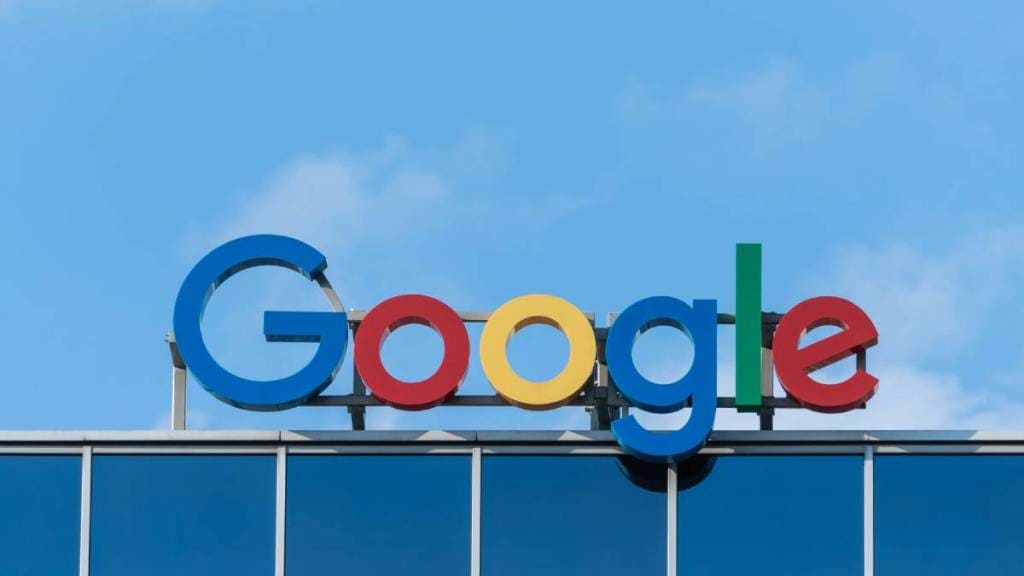After reportedly misleading users with ‘wrong answers’ Google on Thursday said it was restricting its new AI-generated search results. News comes in that after the tool produced “odd, inaccurate or unhelpful” summaries that went viral on social media, Google will limit the use of AI overviews.
The company said on May 30, that the announcement comes after Google delivered several odd and inaccurate results to consumers.
The safety strategy ahead
“The company would be scaling back the use of its newly implemented AI search tool, AI Overviews, and implementing additional guardrails to the technology after it was automatically rolled out to users across the U.S. a fortnight ago,” Liz Reid, Google’s head of search, explained in a blog post.
Reid explained that Google had updated its systems to limit the AI’s use of user-generated content like social media and forum posts when generating responses. She explains that these ‘AI-generated’ suggestions can be more prone to “offer misleading advice.”
It looks like the search giant also plans to pause the AI from showing summaries on certain topics where the stakes are higher. These could include queries related to health, as well as limiting summaries for “nonsensical,” humorous and satirical queries that appear to be designed to elicit similarly unserious responses.
An overview of the ‘misleading’ events
Earlier during its annual developer conference Google I/O 2024 on May 14, Google had announced AI Overviews, after a nearly year-long experiment. The feature provides you with a quick AI-generated summary of a topic along with links to go deeper, at the top of the search results.
Furthermore, “The company has also added triggering restrictions for queries where AI Overviews were not proving to be as helpful,” Reid highlighted. She further added that Google has “made more than a dozen technical improvements” overall.
After Google faced criticism for its ‘misleading AI overview,’ Reid defended the feature. She said “AI Overviews has led to higher satisfaction among users and people asking “longer, more complex questions that they know Google can now help with.”
Follow FE Tech Bytes on Twitter, Instagram, LinkedIn, Facebook








